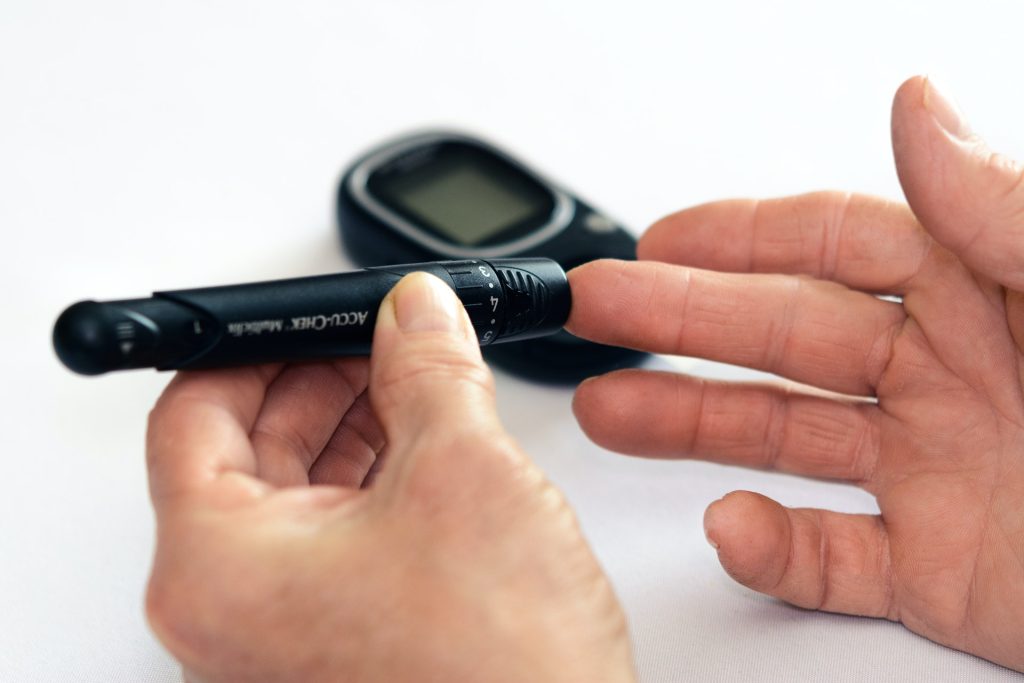
In Scotland, about one in 20 people diagnosed with type 2 diabetes achieve remission from the disease, according to research appearing in PLOS Medicine. This suggests people are achieving remission outside of research trials and without bariatric surgery. Recognition of individuals in remission, following their progress, and understanding better the factors linked to remission could result in improved initiatives to help others.
In 2019 there were an estimated 463 million people with diabetes in the world, 90–95% of whom have type 2 diabetes. Ageing populations, growing obesity and sedentary lifestyles are increasing these numbers. The likelihood of achieving remission after 15% weight loss has been shown to be mainly determined by the duration of diabetes, with responders having better beta‐cell function at baseline.
Some people with type 2 diabetes have achieved remission after bariatric surgery, or after taking part in a research trial of a very low-calorie diet, but it is unknown how many people in the general population are in remission. Mireille Captieux at the University of Edinburgh and colleagues used a Scottish national register of people with type 2 diabetes to estimate the number of people in remission in 2019 and described the characteristics of those in remission and not in remission.
Of 162 316 patients aged > 30 who were eligible for the analysis, 7710 (5%) were in remission in 2019. Individuals in remission tend to have not previously taken glucose lowering medication; have lost weight since their diagnosis; be older; have lower blood sugar levels at diagnosis; or have had bariatric surgery. This finding helps to establish a baseline for future studies, and could also help clinicians identify patients with whom to discuss remission and weight loss.
Captieux added, “We have been able to show, for the first time, that 1 in 20 people in Scotland with type 2 diabetes achieve remission. This is higher than expected and indicates a need for updated guidelines to support clinicians in recognising and supporting these individuals.”
Source: EurekAlert!

